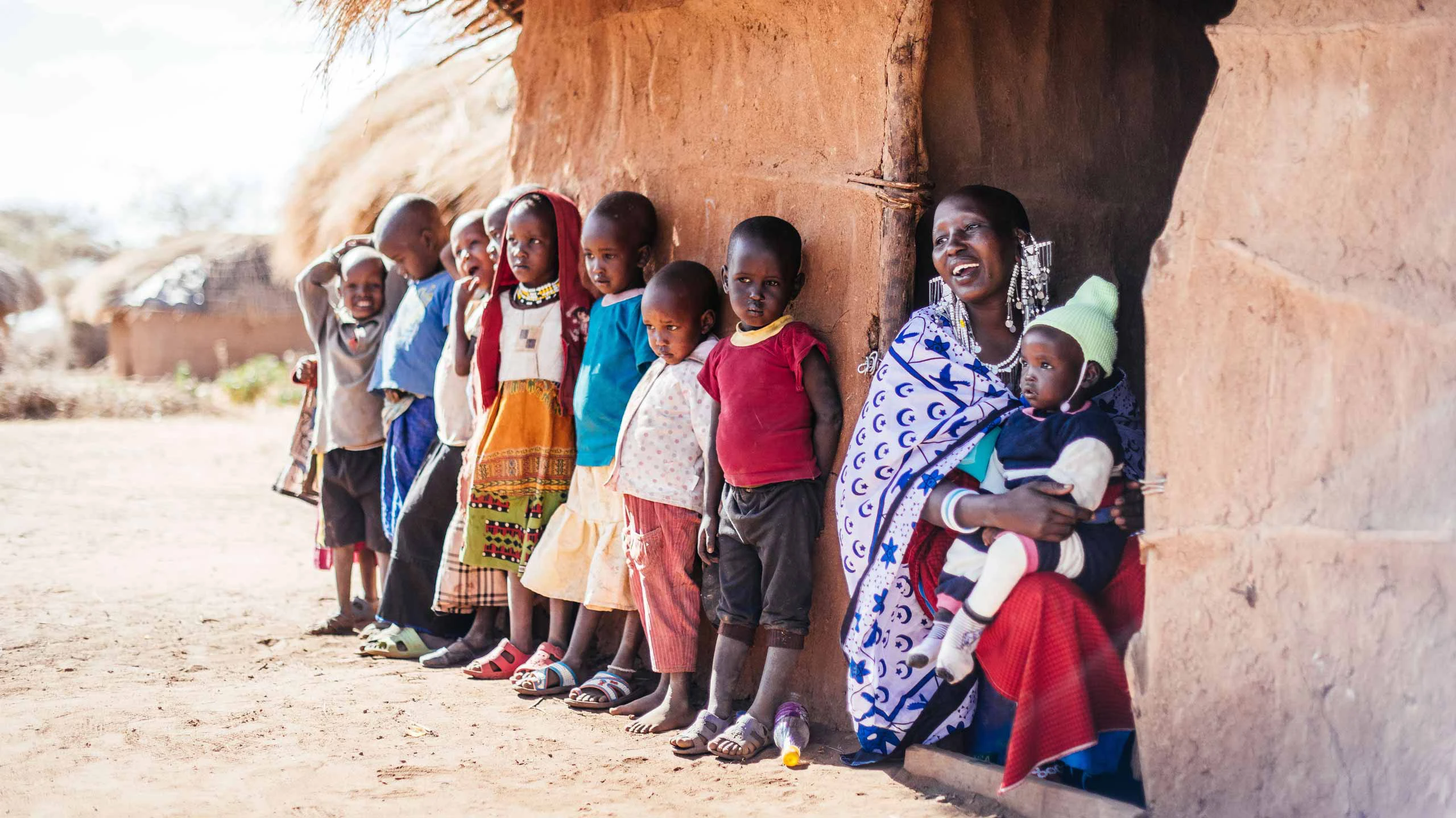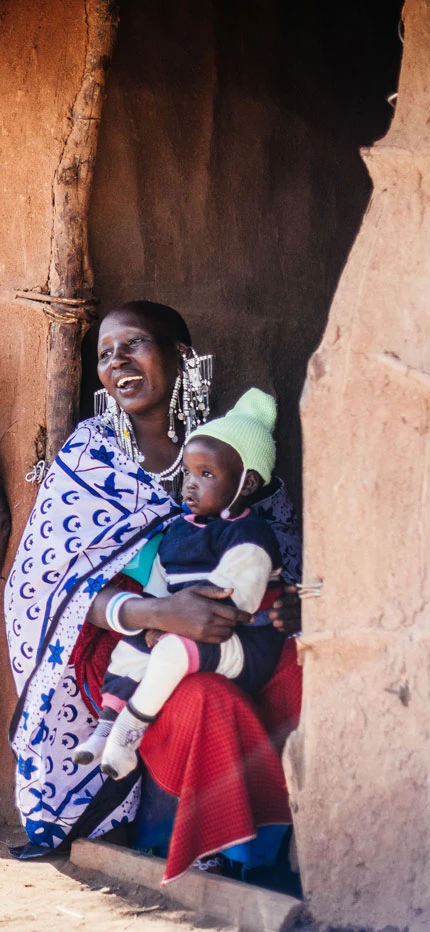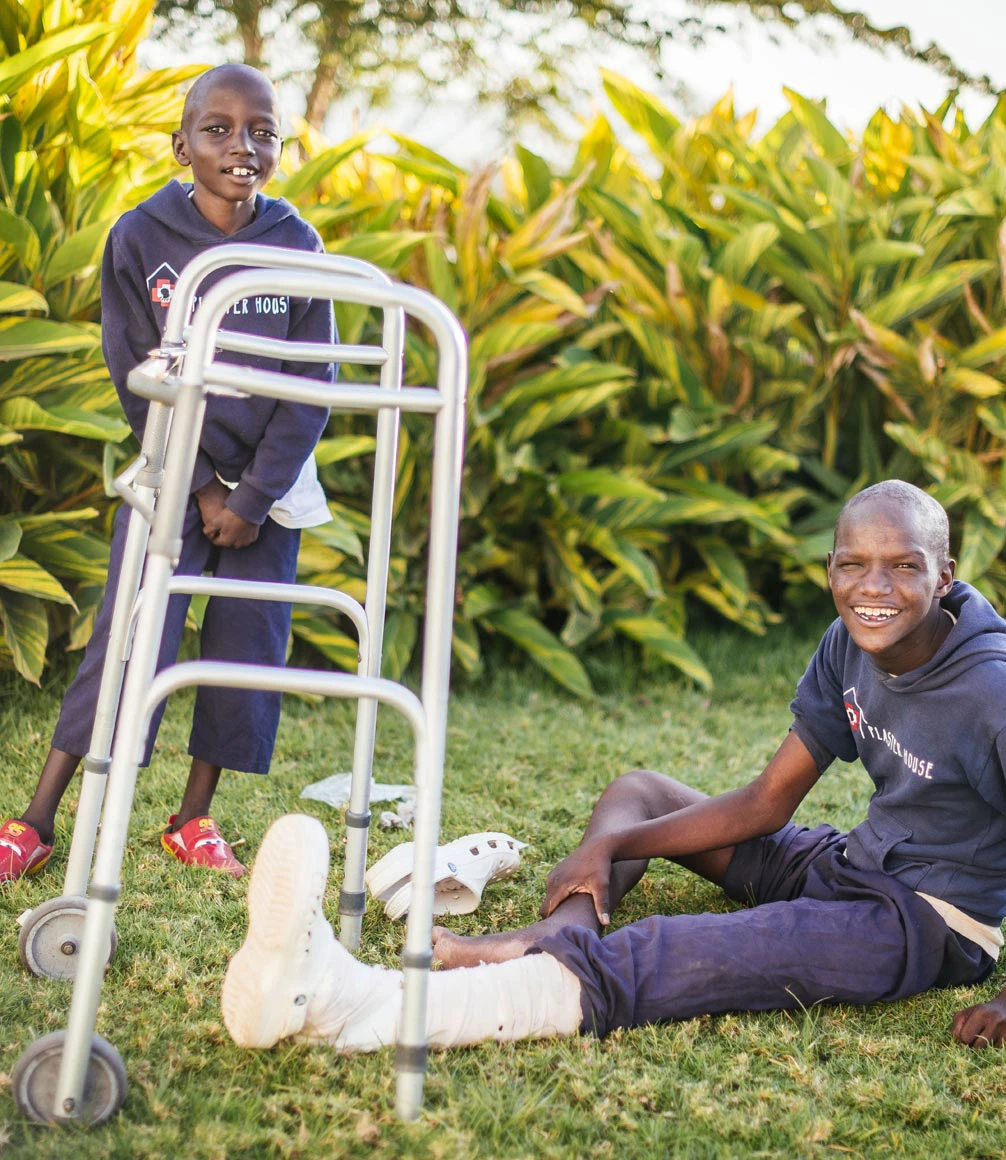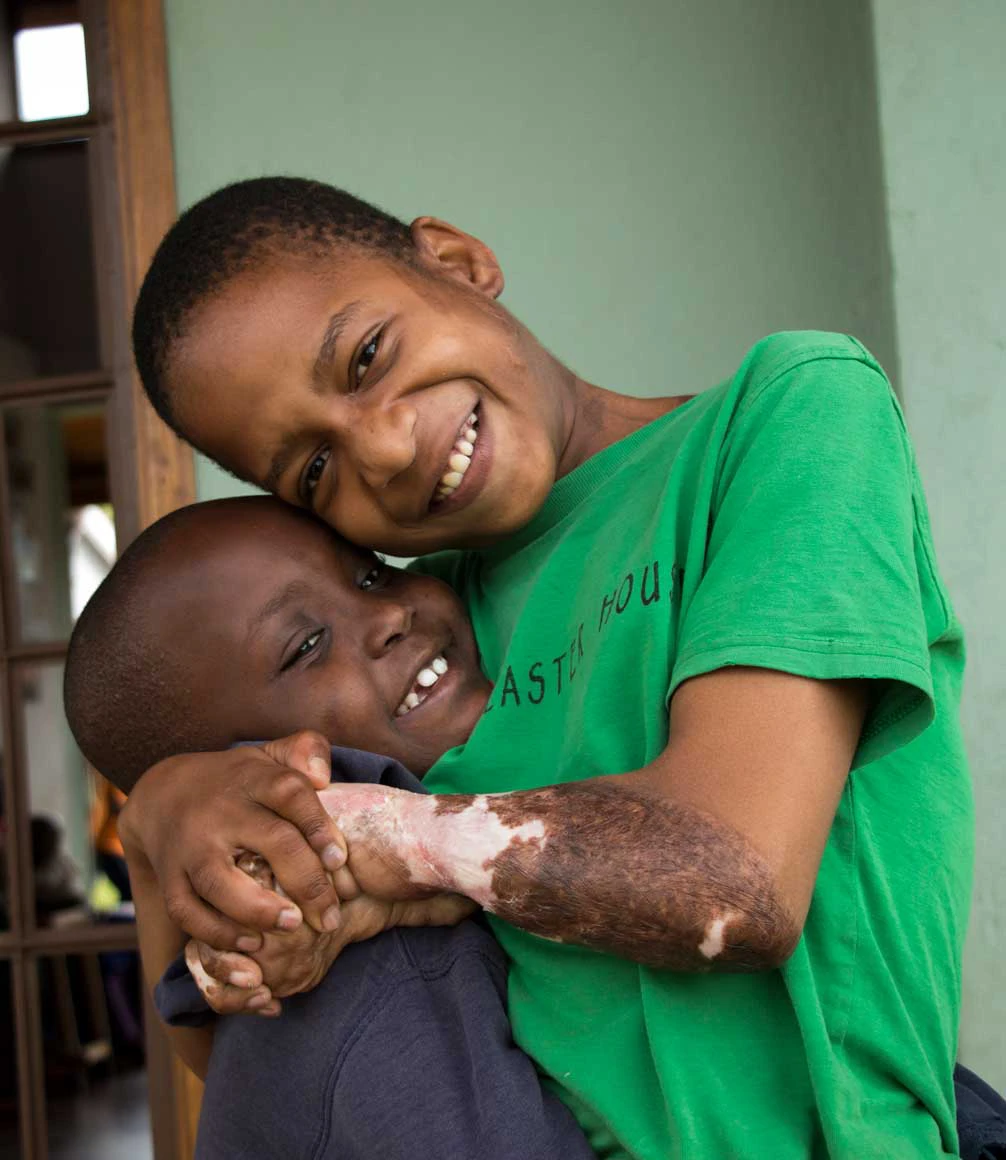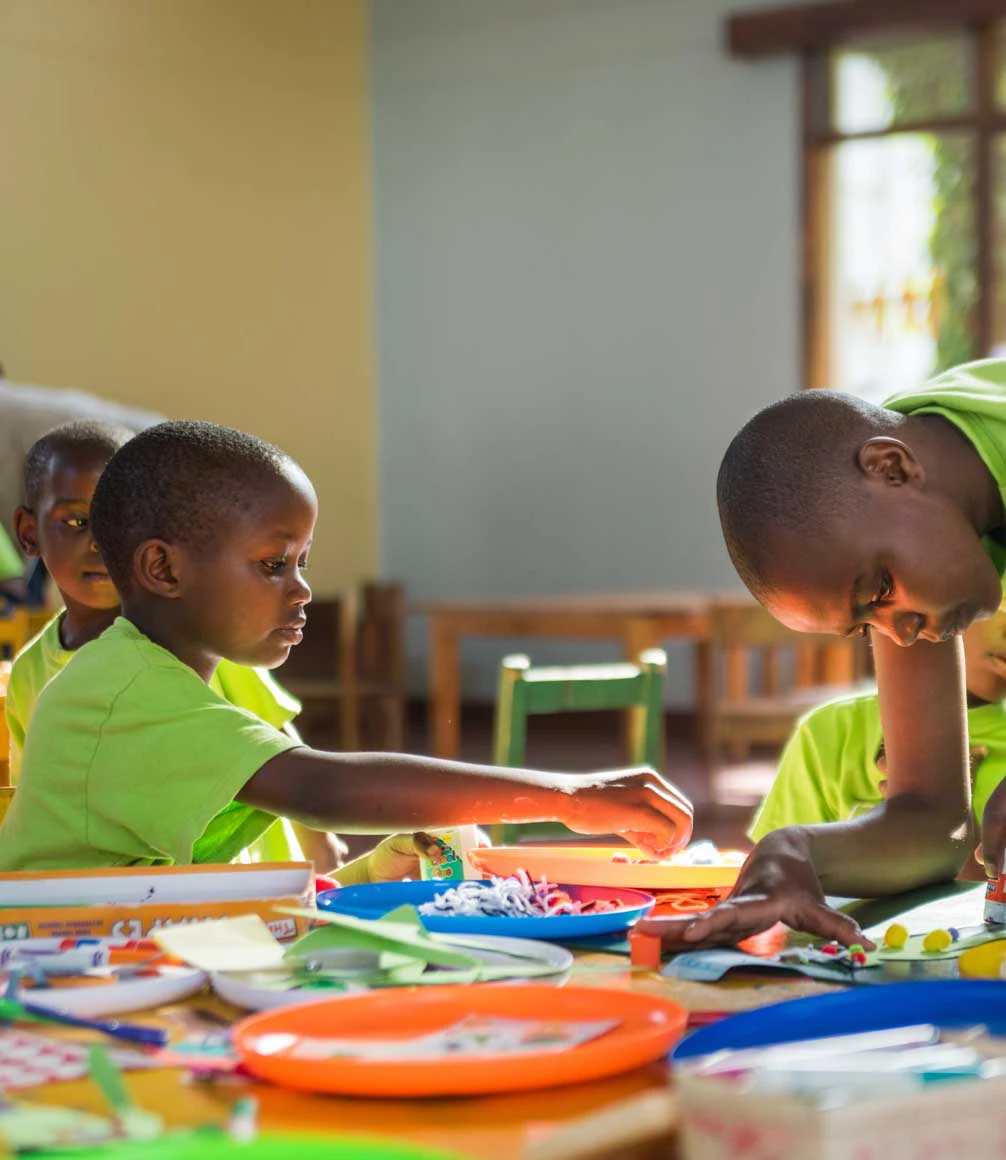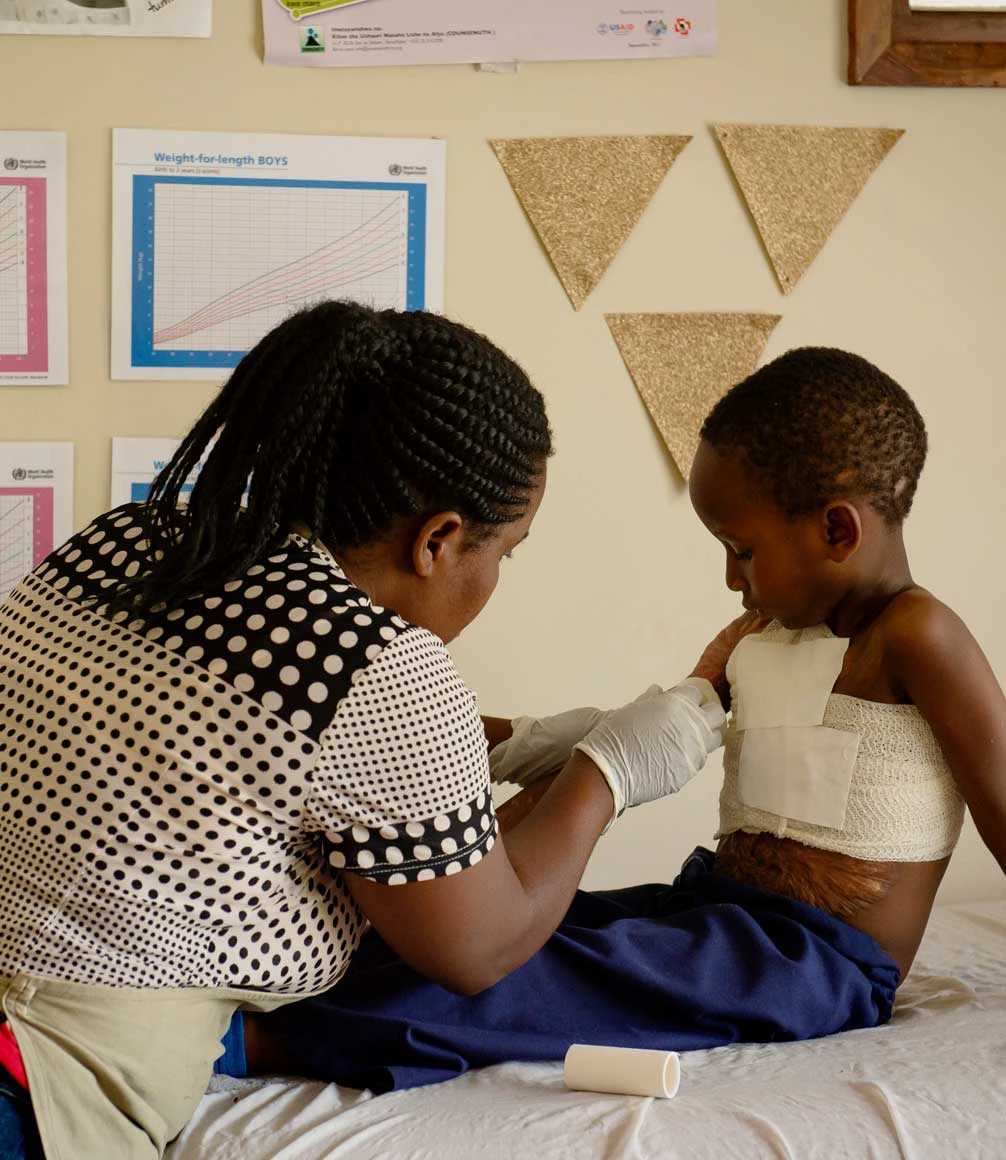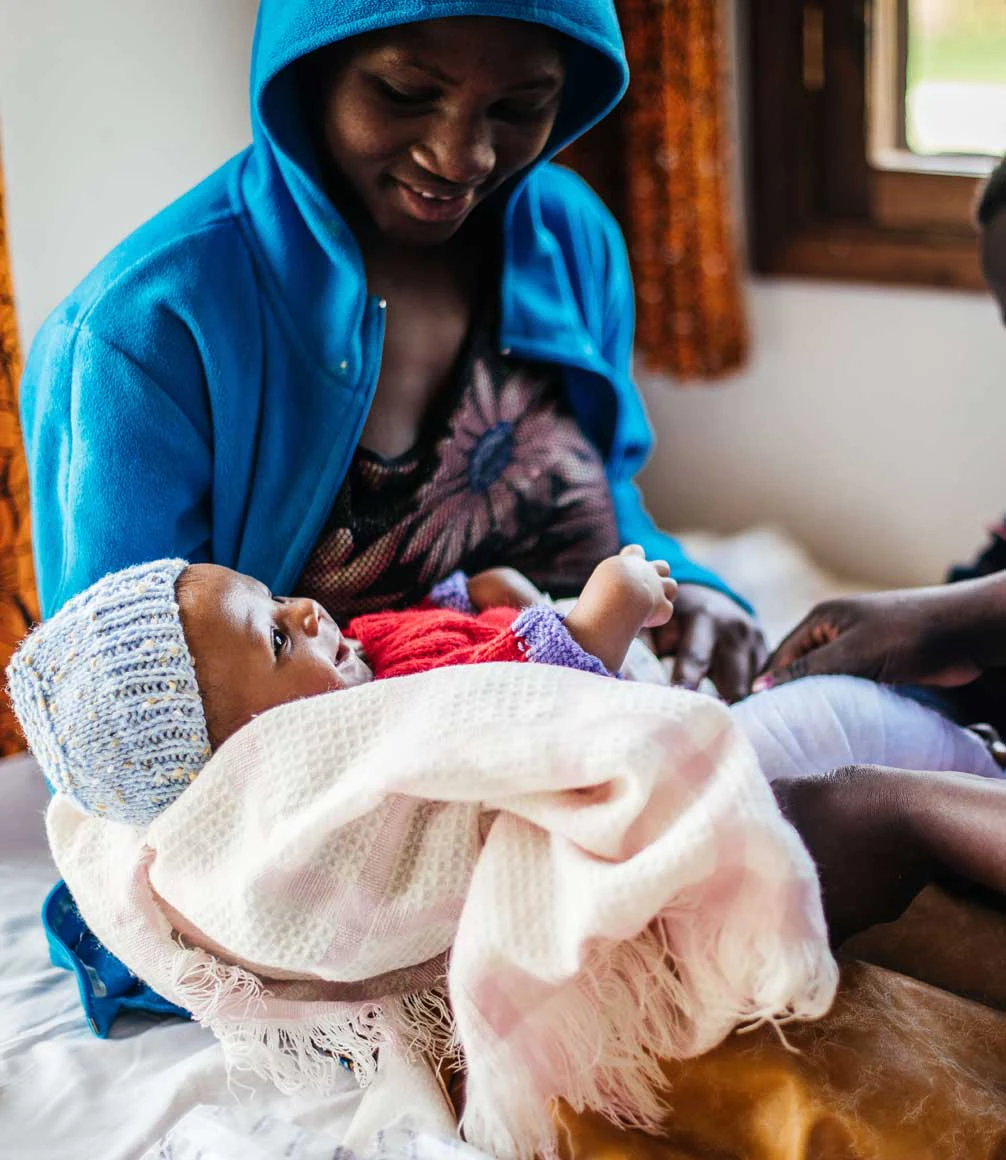Kafika House – providing pre-and post-operative care & rehabilitation for children in northern Tanzania
In Tanzania, like many countries, disability is highly stigmatised. In particular, disabled children living in poverty are among the most marginalized people on earth. They often live in isolation, excluded from their communities, as well as from the education system and healthcare. In areas where research and technology are not available, there are no explanations for conditions, which can lead to dangerous misconceptions about disability.
No child in Tanzania should live with a treatable disability. This is the vision of Kafika House, a unique facility on the outskirts of Arusha for disabled children in need of corrective surgery and rehabilitation. Kafika House was established in 2008 by Sarah Rejman, a compassionate former occupational therapist from Melbourne, Australia. Sarah started with $1,000 in donations, a rented guesthouse and nine broken beds to care for 12 children.
"For the first time in many of these children’s lives, they have access to unlimited nutritious food, education, and the opportunity to embrace childhood."
Today there are 80 beds and over the last 10 years, the facility has provided treatment and
rehabilitation for at least 5,000 children up to the age of 18 years. The children come from families all over Tanzania who are very poor and most often from rural areas. Often for the first time in their lives, rehabilitated children have access to education in the center’s classroom. In addition, a therapeutic feeding program is provided to the most malnourished children, to ensure they are strong enough for corrective surgery.
Kafika House asks that parents, or caregivers of the patients, contribute to the care they give. This brings a sense of ownership that changes the way the patient is perceived and received in the community. Kafika House also oversees an outreach program to 30 villages, a program that works to change the perception of disabilities through education and increase the number of patients treated each year.
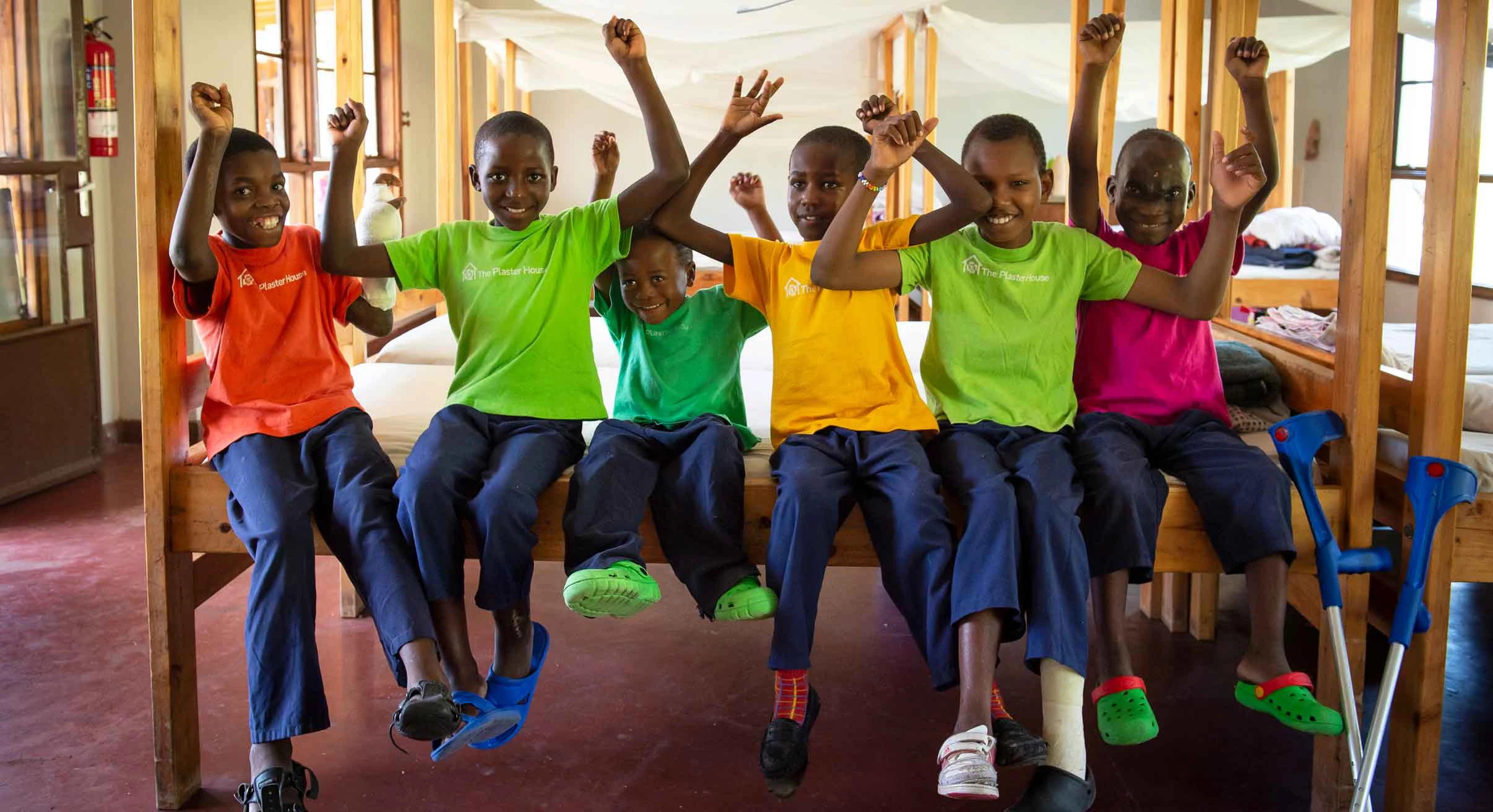
How can you engage with Kafika House?
Take a tour of the facilities; accompany a home visit to a patient who has been treated through the program, or take part in a sporting or craft activity with rehabilitating children. Please note that visitors must comply with Kafika House’s child protection policy, which includes taking no photographs of children in their care. There are no age restrictions.
Ready to take the road less travelled?
